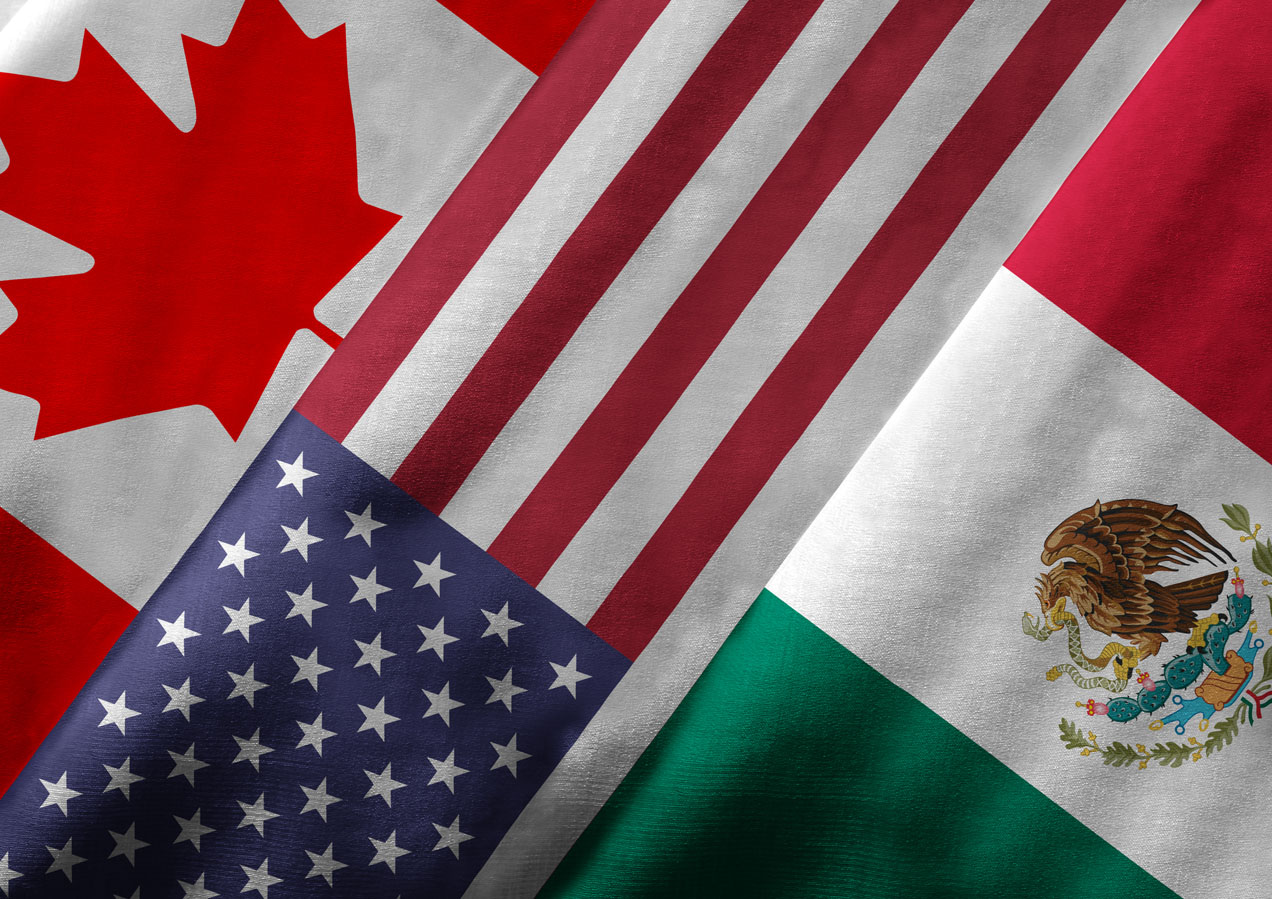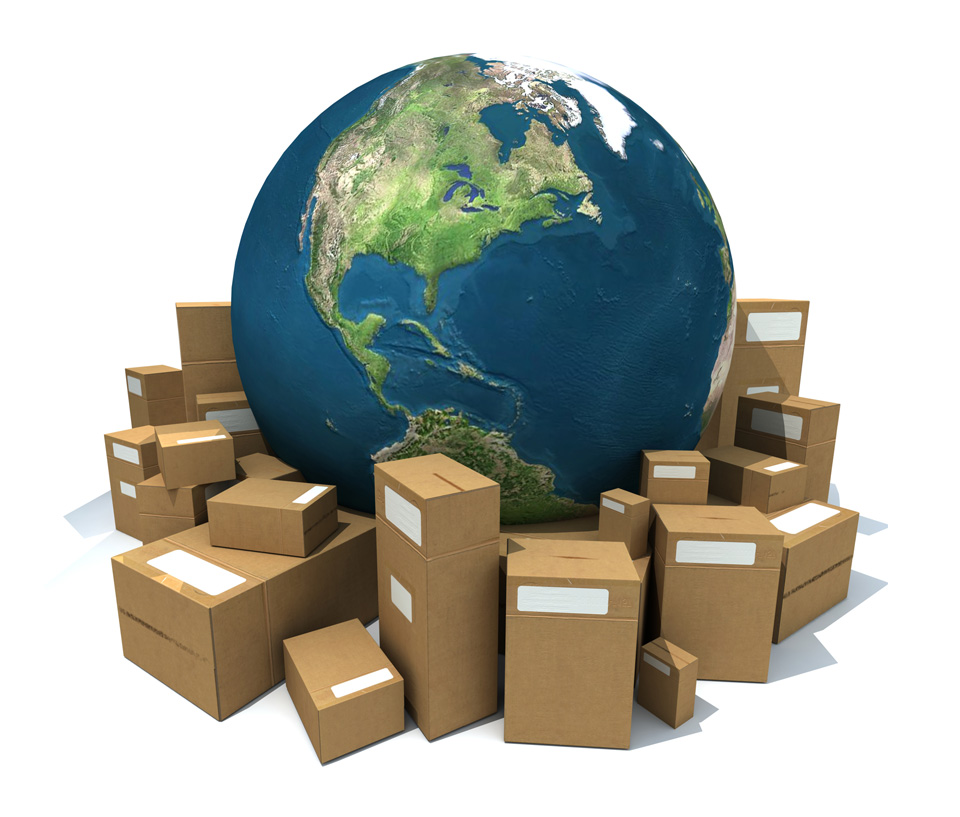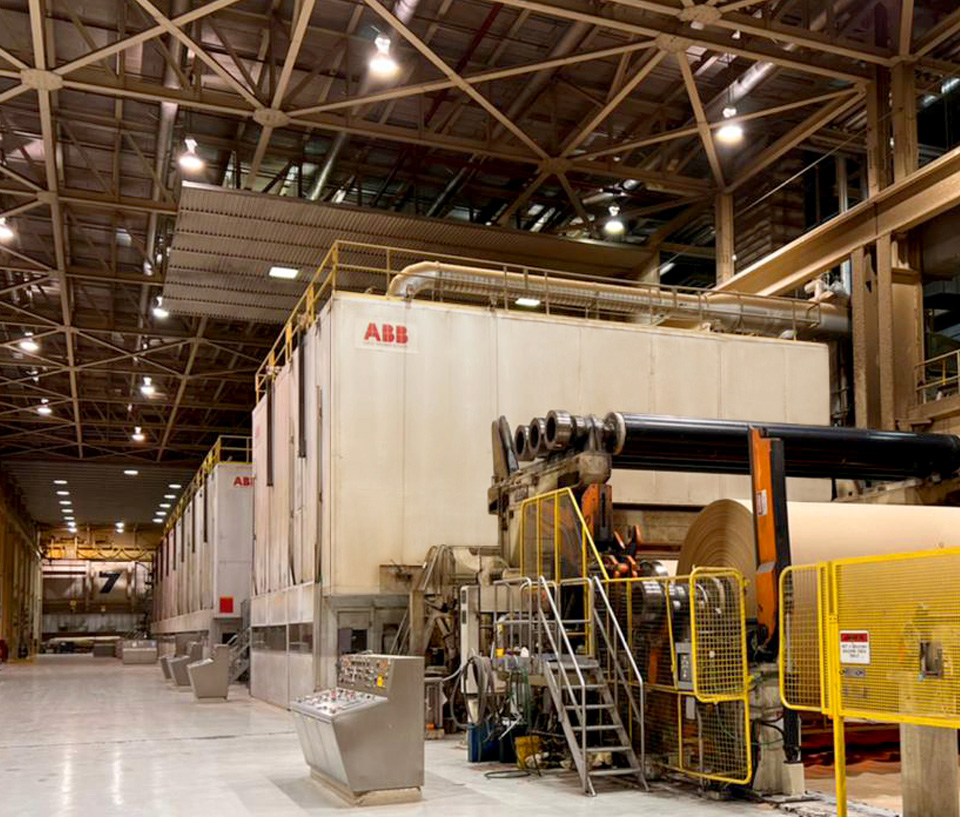
Our role in the USMCA
USMCA
The United States, Mexico, and Canada partnership is a twenty-first century high-caliber trade agreement of trillions of dollars in business potential, supporting mutually beneficial trade that will result in freer markets, fairer trade, greater competitiveness, more robust economic growth, and lower dependence on remote supply chains.
The United States-Mexico-Canada Agreement makes North America the best place to invest in the world. At Bio Pappel, we are proud to be a USMCA company that is fully committed to supporting the North American global leadership in competitiveness and sustainability.
+3.4%
Canada
+2.3%
United States
+2.4%
Mexico


Benefits of being in the USMCA
Learn about the benefits of presence in the USMCA
Effective Execution
Strong Strategy
Macro Opportunity
Presence
Presence in the USMCA market
The presence in the United States will improve our logistics capacity to consolidate within the largest paper and packaging industry in the world.
In addition to current consumers, Bio Pappel will continue to develop iconic local customers such as the United States Postal Service.
International trade data indicates that Mexican imports as a percentage of total US imports of manufactured goods from Asia have increased from 33% to 42% in the last 10 years.
The new USMCA rules should be a driver of increased trade between the United States and Mexico, a key factor in accelerating demand for containers and cardboard boxes.
As a result of these new market dynamics, almost 40% of Bio Pappel’s revenue is expected to come from the U.S. by 2025.


USMCA framework
International trade data indicates that Mexican imports as a percentage of total US imports of manufactured goods from Asia have increased from 33% to 42% in the last 10 years.
The provisions of the USMCA should be a driver of increased trade between the United States and Mexico, a key factor for the acceleration of the demand for containers and cardboard boxes.
Growth strategy
The strategy is to focus on optimizing our vertical integration in the United States, by producing paper and transforming it into higher value-added products such as packaging: corrugated boxes and paper sacks.

